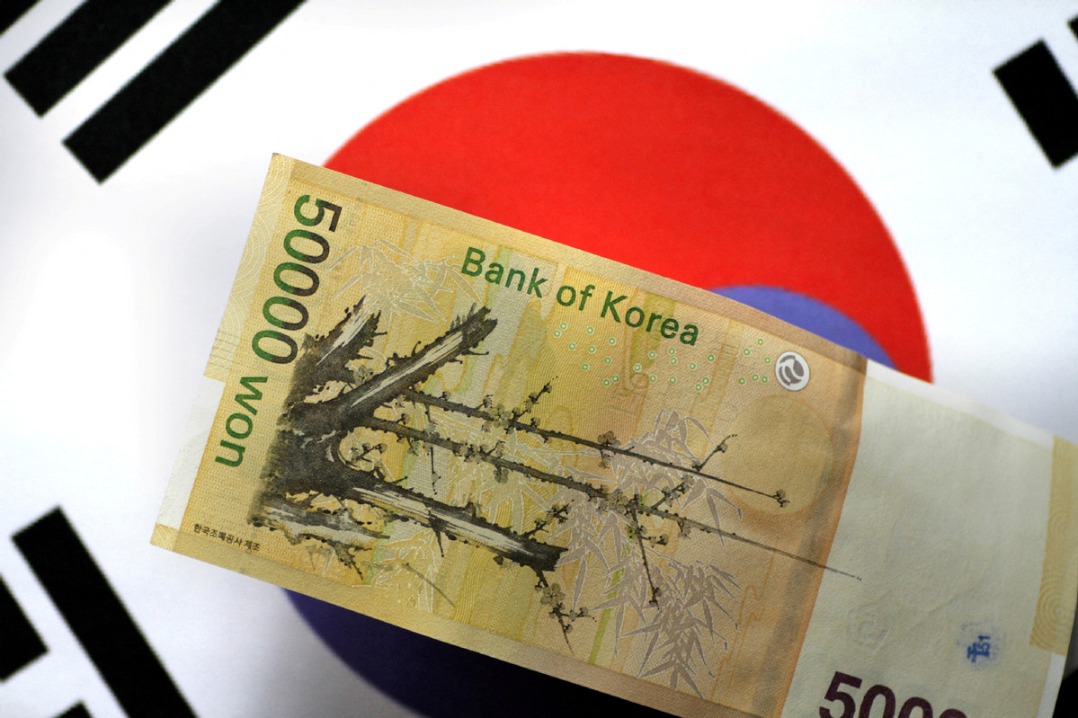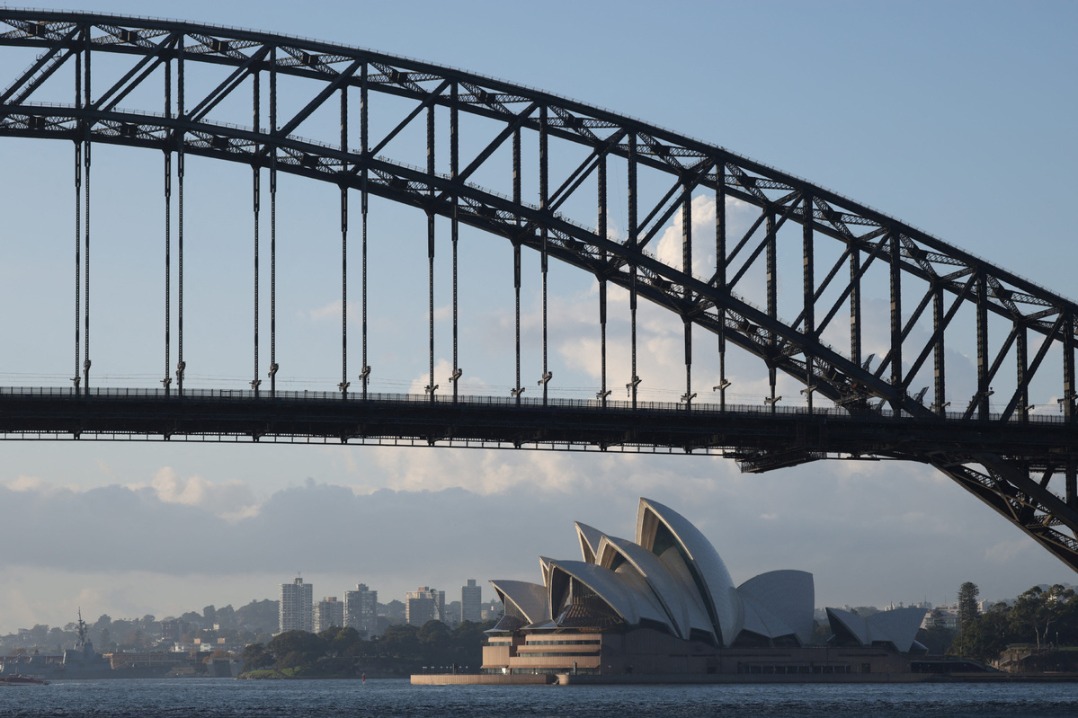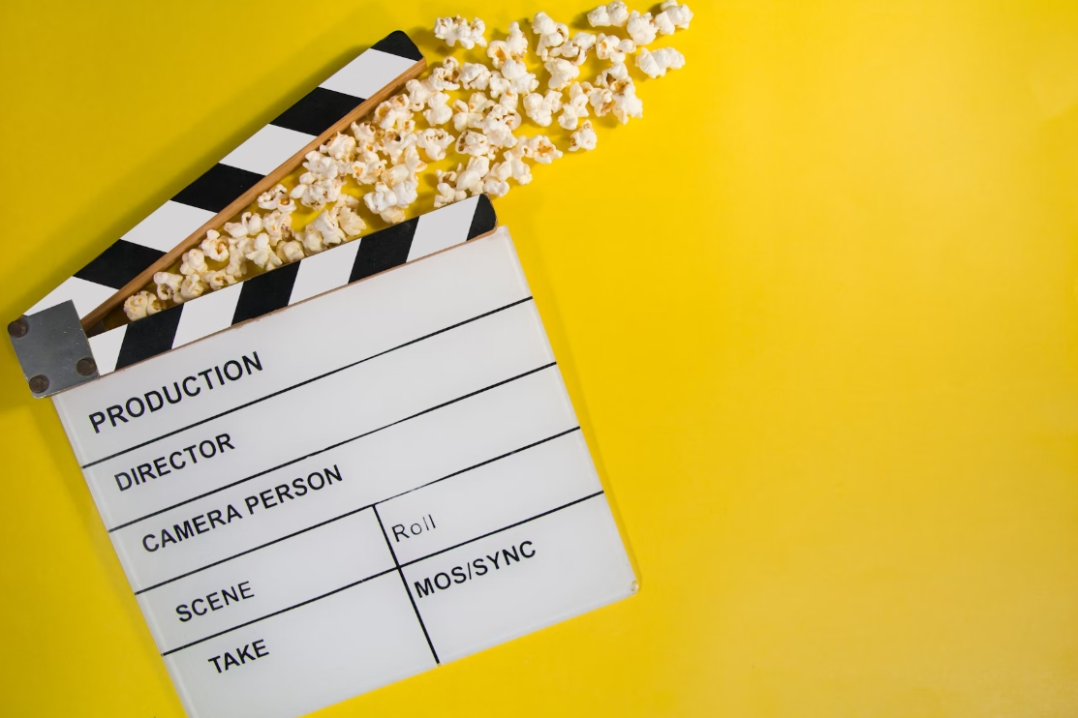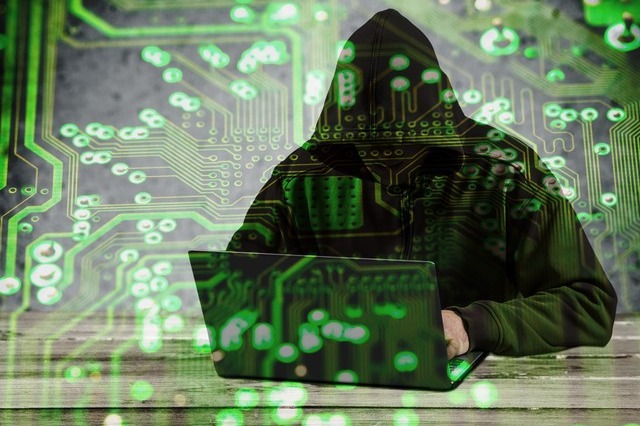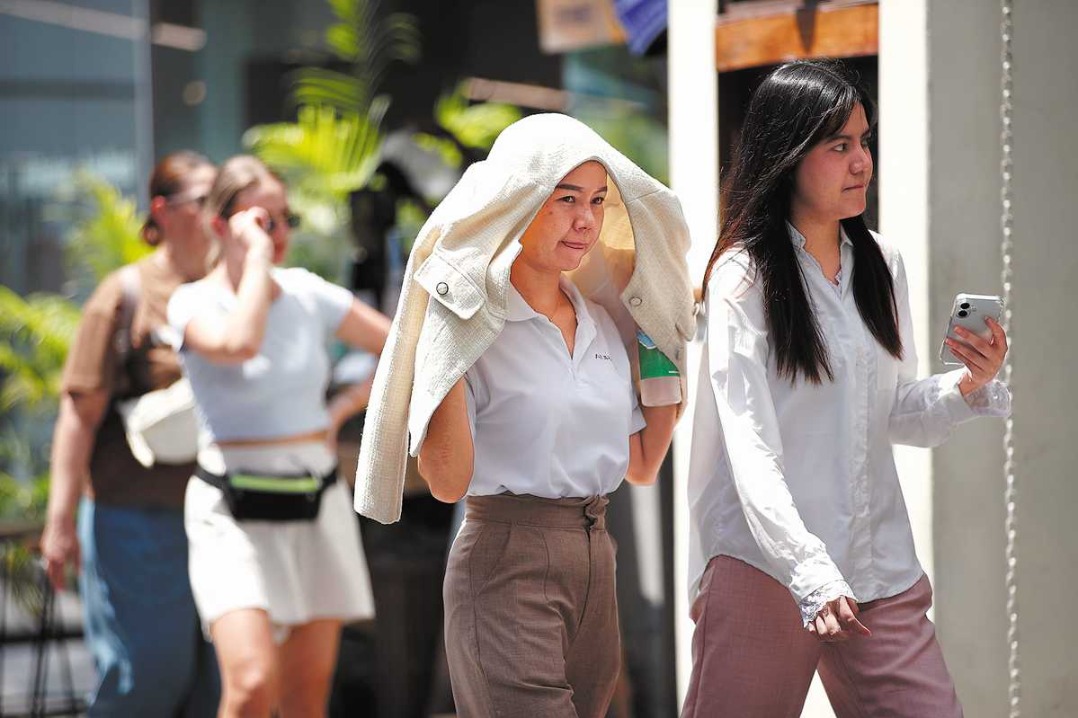US delays TikTok ban

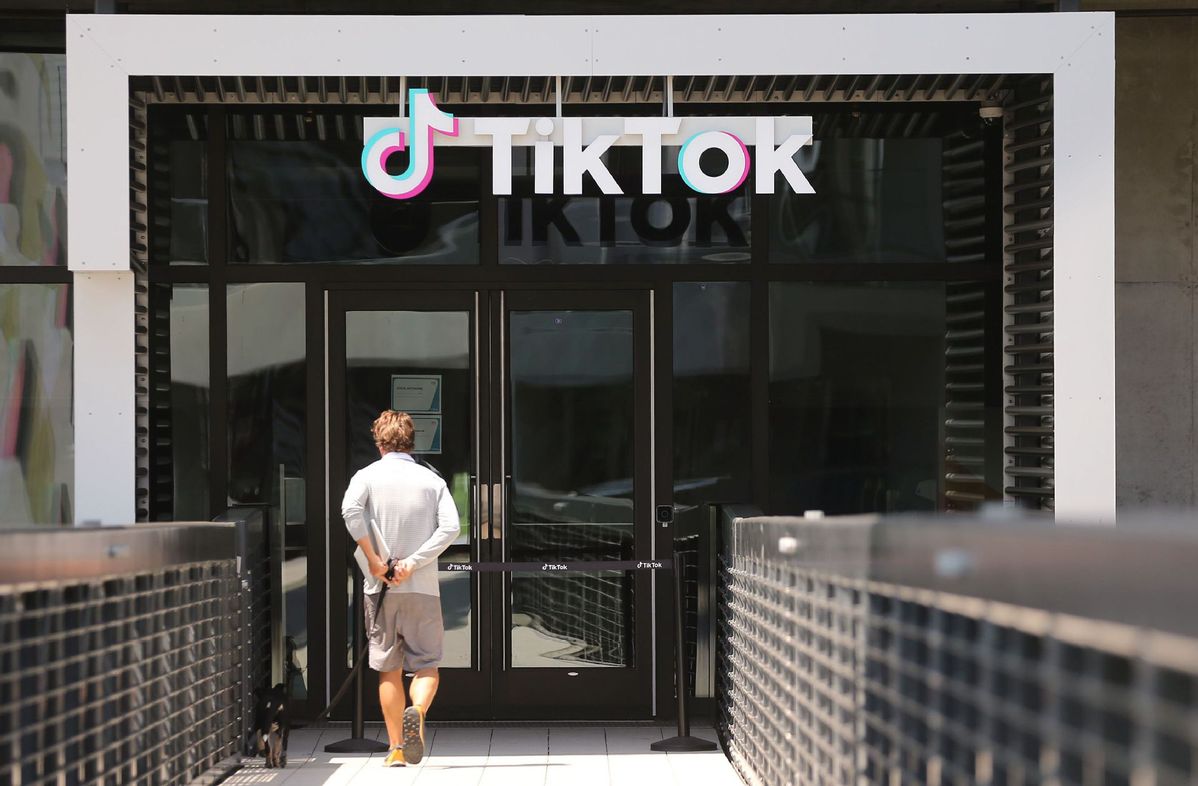
The US government said it would delay implementing a ban on TikTok to comply with a court ruling, and the popular video-sharing app has been granted more time to file paperwork for a potential sale.
The Commerce Department said in a document obtained by media on Thursday that "a preliminary injunction ordered by a federal district court on Oct 30 prevents the implementation of specific Department actions".
Therefore, the department's order that was scheduled to take effect on Thursday "has been enjoined, and will not go into effect, pending legal developments", said the agency.
Also on Thursday, an appellate court in Washington granted TikTok until Dec 14 to file more paperwork on its divestment plans, after the company filed a petition on Tuesday asking for a 30-day extension of its deadline. TikTok said government officials hadn't given it feedback on its divestment plan in weeks.
The Commerce Department issued an order in September forbidding downloads of TikTok in the US starting on Sept 27. The agency also ordered a separate set of technical restrictions on TikTok, barring data hosting, content delivery and other services within the US starting Thursday.
The preliminary injunction cited in the Commerce Department's document was issued by US District Court Judge Wendy Beetlestone in Pennsylvania. The judge ruled that President Donald Trump exceeded his authority by invoking his emergency economic powers to impose sanctions against TikTok, citing a threat to US security.
"The government's own descriptions of the national security threat posed by the TikTok app are phrased in the hypothetical," Beetlestone wrote.
The lawsuit was brought by three TikTok influencers, all of whom have millions of followers on the app and make substantial money through short-form videos.
The US government appealed the court's ruling on Thursday. The government's lawyers have argued that it is trying to prevent data on American TikTok users from being shared with the Chinese government, a claim TikTok has repeatedly denied. TikTok has said it stores all Americans' user data in the US.
A TikTok spokesperson said the company was "focused on continuing to engage" the government's Committee on Foreign Investment to address the security concerns, "even as we disagree with them".
TikTok filed a lawsuit against the Trump administration in a District Court in Los Angeles in August, challenging Trump's executive order on Aug 6 to ban US transactions with the company.
It filed another challenge in District Court in Washington DC in September, seeking to block Trump's executive order on Aug 14, which forces TikTok to divest fully from its Chinese parent company ByteDance.
US District Judge Carl Nichols in Washington temporarily blocked Trump's order to ban downloads of the app in the US on Sept 27, hours before the ban would take effect.
The same judge held a hearing on Nov 4 on the other aspect of the same order that was scheduled to take effect on Nov 12, but he has yet to make a decision.
Trump said he would ban TikTok in the US unless it was owned by an American company. He also said the government should get a cut of the deal, and he publicly backed software company Oracle as a potential buyer of TikTok.
Oracle, teaming up with Walmart, had proposed to take an ownership stake in TikTok that would satisfy the White House's "national security" concerns, but the deal was never finalized and remains stalled.
According to App Annie, which analyzes mobile data, TikTok will not only achieve a coveted spot in the 1 billion monthly active users club in 2021, but sail straight to 1.2 billion.
Consumers in the US will have an average of 9.5 video streaming apps installed on their phones in 2021 — up 85 percent from 2019, according to App Annie. 2020 saw an acceleration as consumers sought more content options. However, as the market becomes more fragmented, consumers will seek out mini, curated "bundles" of video streaming providers.



















